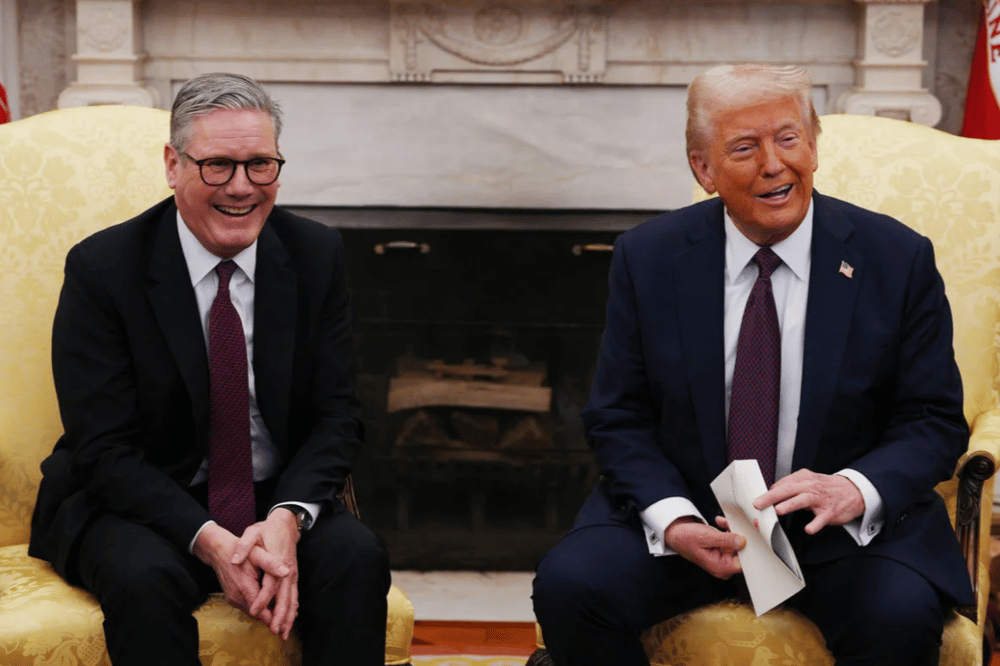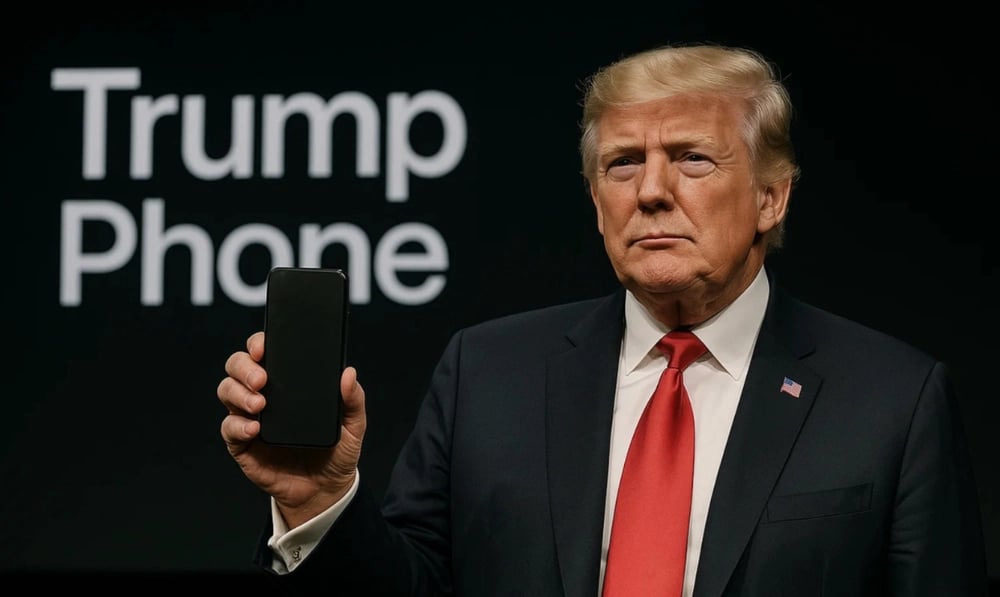Singapore and US Trade Dynamics: Balancing Pharma Exports and AI Chip Access
Singapore is engaged in pivotal discussions with the United States over preferential export terms for its pharmaceutical products while ensuring sustained access to advanced AI chips. This strategic negotiation reflects the broader challenges and opportunities in global trade, as nations strive to protect domestic industries while fostering international cooperation.
Shifting Paradigms in Trade Diplomacy
Recent conversations between Singaporean Trade Minister and Deputy Prime Minister Gan Kim Yong and US Trade Minister Howard Lutnick highlighted mutual concerns over export control policies. During a Friday call, Lutnick voiced apprehension not only regarding Singapore’s chip export policies but also concerning a global trend in tightening restrictions. The call, documented in a transcript released by the US Department of Commerce, underscored the need for innovative approaches to counterbalance increased protectionism.
Singapore's negotiations focus on two primary goals. First, the country intends to secure advantageous arrangements for its pharmaceutical exports. Second, it aims to maintain uninterrupted access to high-technology AI chips, which are essential for sustaining its vibrant tech ecosystem. By addressing these dual concerns, Singapore positions itself as a key mediator in the evolving landscape of international trade and technology exchange.

Milestones of the Negotiation Process
1. Acknowledge mutual concerns over export controls on advanced technology.
2. Outline potential preferential terms for pharmaceutical exports to the United States.
3. Identify creative solutions to alleviate trade tensions around the supply of AI chips.
4. Foster a bilateral discourse that balances national interests with global trade dynamics.
Ripple Effects in the Global Trade Arena
- Enhanced bilateral discussions could lead to broader multilateral trade reforms.
- The focus on creative solutions may stimulate innovation across supply chains for critical technologies.
- Adjustments in export control policies can serve as a precedent for similar negotiations worldwide.
- Balancing benefits across sectors, such as pharmaceuticals and tech, could underpin future economic resilience.
Navigating the Road Ahead
The dialogue between Singapore and the United States represents more than just a trade negotiation—it is emblematic of the strategic balancing act required in today’s interconnected global market. Amid growing protectionist sentiments and rapid technological advancements, both nations are exploring options that secure their economic interests while fostering a collaborative spirit. As Singapore works to safeguard its export privileges and maintain access to vital semiconductor technology, the outcome of these discussions could set a benchmark for future trade agreements in high-stakes sectors.


















Comments